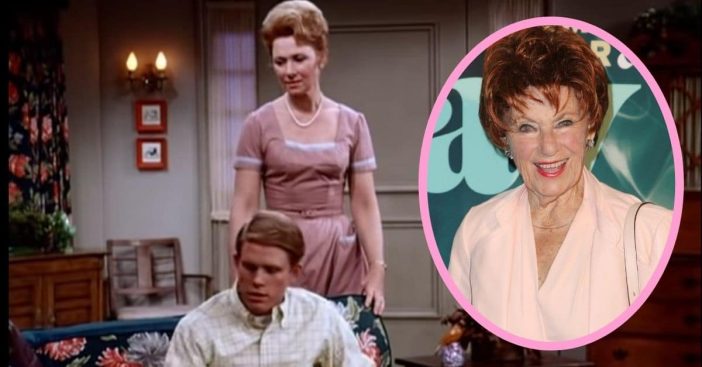
UPDATED 2/15/2022
Interview with Marion Ross conducted by Ed Gross
For 11 seasons, American viewers knew Marion Ross as Marion Cunningham. On Happy Days, she represented something of a typical housewife for the time. Ross perfectly navigated the fine line between stereotypical housewife and distressed independent woman with ambitions of her own.
What happened to Ross after the immense success of Happy Days? Finding fortune in a popular sitcom can be a double-edged sword. Did she run into problems others did in the industry? Yes and no. She set herself up for a good career early on and dreamed big from the beginning. She started studying drama at the MacPhail Center for Music halfway through high school. As a teenager, she already had such big ambitions, she changed the spelling of her name from Marian to Marion. Her reason? Marion would look better in big bold letters emblazoned on a marquee.
Marion Ross was on her way to happier days

As an actress, Marion Ross boasts a career that spans six decades, which she discusses in her 2018 autobiography, My Days: Happy and Otherwise. “We all have a story,” says Ross in an exclusive interview, “and part of mine is that I was from Minnesota and we had nothing. Nothing but a lot of dreams and ambitions. This was before World War II. My mother was a Canadian from the high prairies of Saskatchewan and I was raised with the belief that you can be anything. I had a crippled brother and was the second little girl, so all the elements came together to give me an awful lot of drive.”
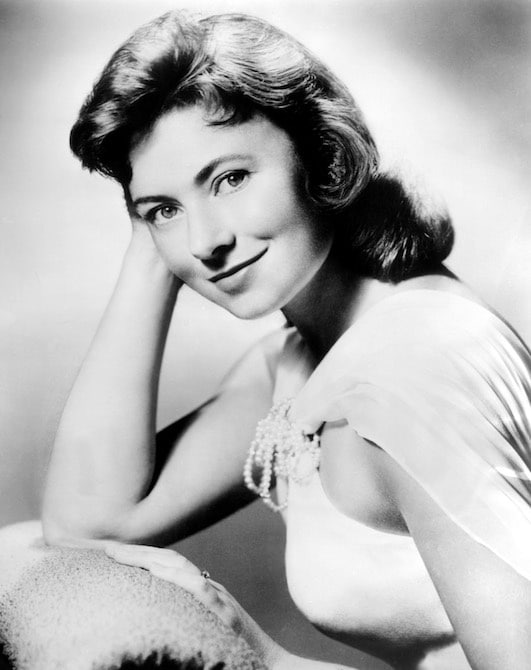
That drive, it would seem, would be different from what was expected of women at the time. Marion was born on October 25, 1928 in Watertown, Minnesota, but she points out that the situation for women was starting to change around World War II; that they could be their own person rather than follow what was dictated to them.
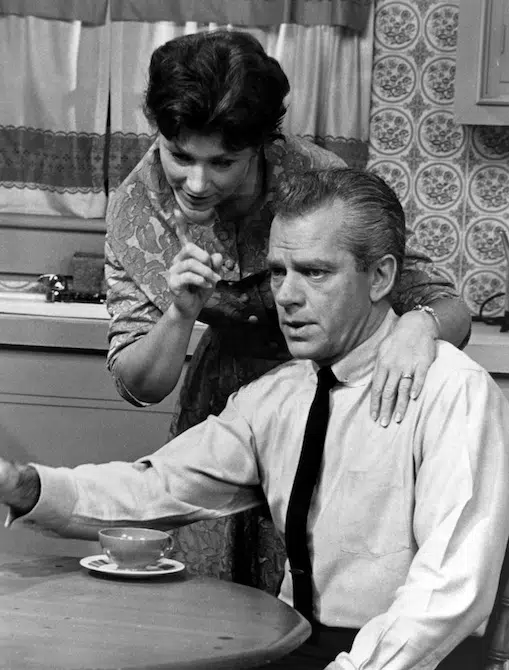
“That kind of feeling was just beginning to emerge,” she explains. “But for me, I was not going to be like any of the other ladies. I couldn’t. I was going to be somebody. And, again, that came from my mother. She had tremendous drive. She got herself out of Canada as fast as she could and the rest of them stayed up there and were wheat farmers. Think of it; it’s wonderful. Here she was, probably 20 years old. She was a very young teacher and got herself on a trip to Europe on a big ship that had all the soldiers and everybody from World War I. She visited all the battlefields. She was just a very Irish, highly-motivated, ‘You can be anything!’ kind of person. And I thought, ‘I will, Mama. I will.’ Part of it was I could just get a little attention. And that’s what made me an actress. In fact, they would be telling war stories and they would say, ‘Oh, look at Marion.’ I would be over there crying, and also very aware that I was crying.”
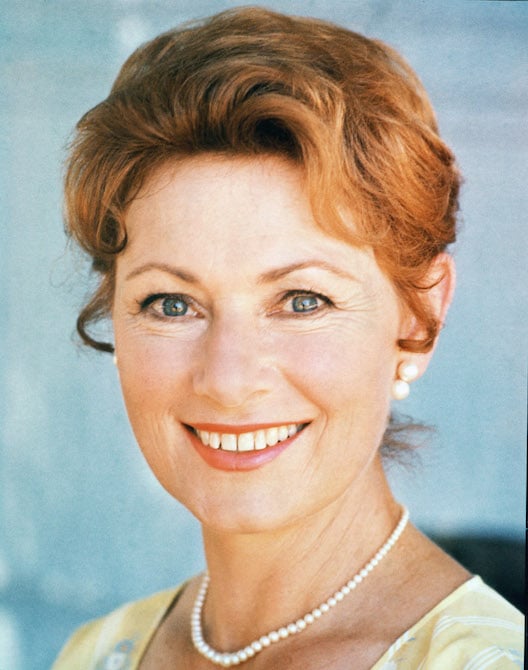
You could say it was her first “performance,” although she was indeed moved by the stories she was hearing about events in Germany and America being drawn into the war following the attack on Pearl Harbor. “I was probably 12, 13,” she reflects. “If you couldn’t be a boy and go off to war, then, God, you had to do something to stand out. I would go to the library and read the Who’s Who of Famous People and read about the lives of actors. I read a book about Noel Coward … Present Indicative, his first autobiography, which was very important to me, because by the time I’m 25, I’m acting with Noel Coward in Blithe Spirits. We did a live production at CBS, with Lauren Bacall playing Elvira and Claudette Colbert playing the other wife. And I played Edith the Cockney maid. And I tell you, there I am with Noel Coward and I cannot believe it. In my youth, it was just unbelievable. They would call and say, ‘Could you go over to Humphrey Bogart’s house on Sunday afternoon? We’re going to have a read through and Mr. Coward has to see you.’ You see, I was under contract at Paramount by the time I was 23, so it shows you what kind of drive and push I had.”
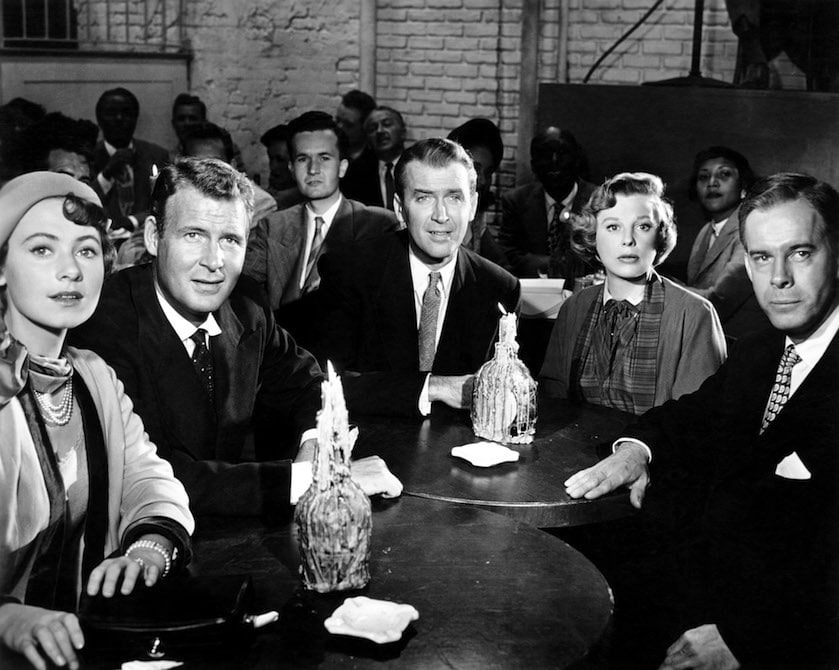
It does indeed, though it doesn’t really explain the steps of the journey that took her to Paramount and beyond. “When I was 15,” she explains, “I was in Albert Lea, Minnesota, which is 120 miles south of Minneapolis. I would go into the library and read Theatre Arts magazines, and one day I found a school in Minneapolis, the MacPhail School of Music and Drama. It was right there. And I said to my mother, ‘Can I go to the city and work for a family and take care of their children so that I can take drama lessons?’ Now the war was going on and my father was down in Panama, working at the Panama Canal. But my mother, being the Canadian adventurer she was, said, ‘Of Course you can.’
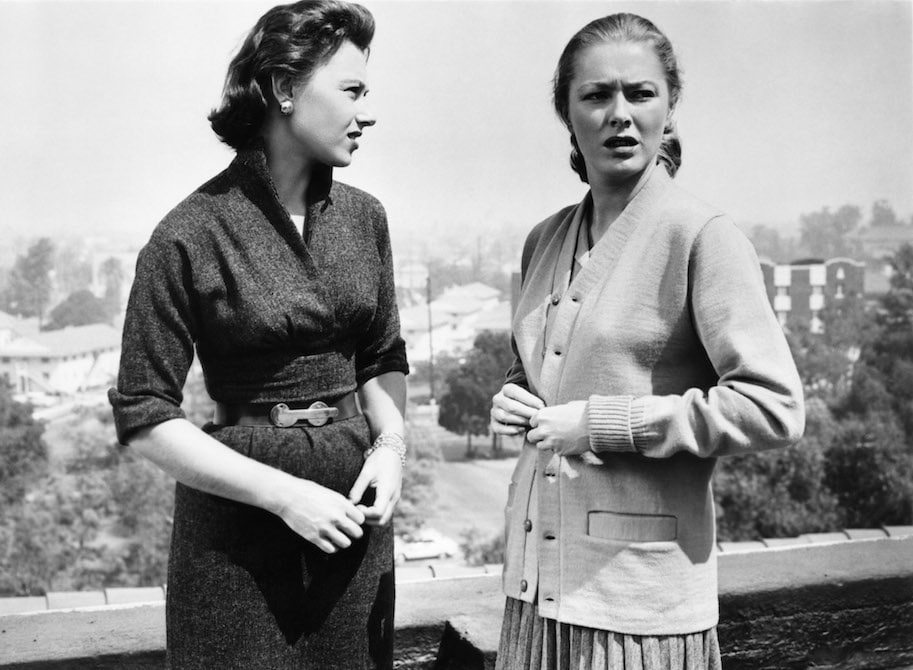
“The first time I came home to visit — I was so homesick — all my little chums kind of laughed at me and all my dreams and ambitions,” she adds. “And I thought, ‘I’m never going to come home again ever.’ When I was in 11th grade, that family asked me to live with them and take care of their children, which I did with my mother’s blessing. By the 12th grade, the war was over. We sold everything we had, we all got on the train and we went to California, because my father was transferred from the Panama Canal to San Diego. Well, my dream was to go to New York.”
Star-Struck Marion Ross
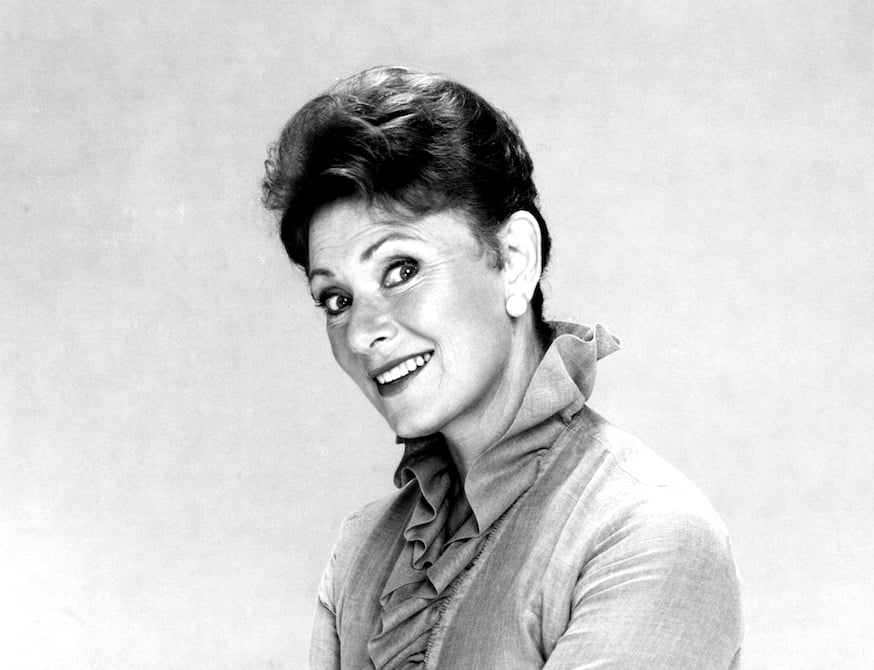
As noted, she ended up at Paramount, which was quite an experience in the sense that she had become so enamored with the stars of the day. “You go the commissary,” Marion smiles, “and there would be Martin and Lewis. Here would be James Mason, over here Marlene Dietrich would come swooshing in. A hush would fall over the dining room. Cecil B. DeMille was just around the corner having his lunch. I mean, it was pretty darn big time. Who could eat? Who could chat? Who could do small talk? I was a nervous wreck.”
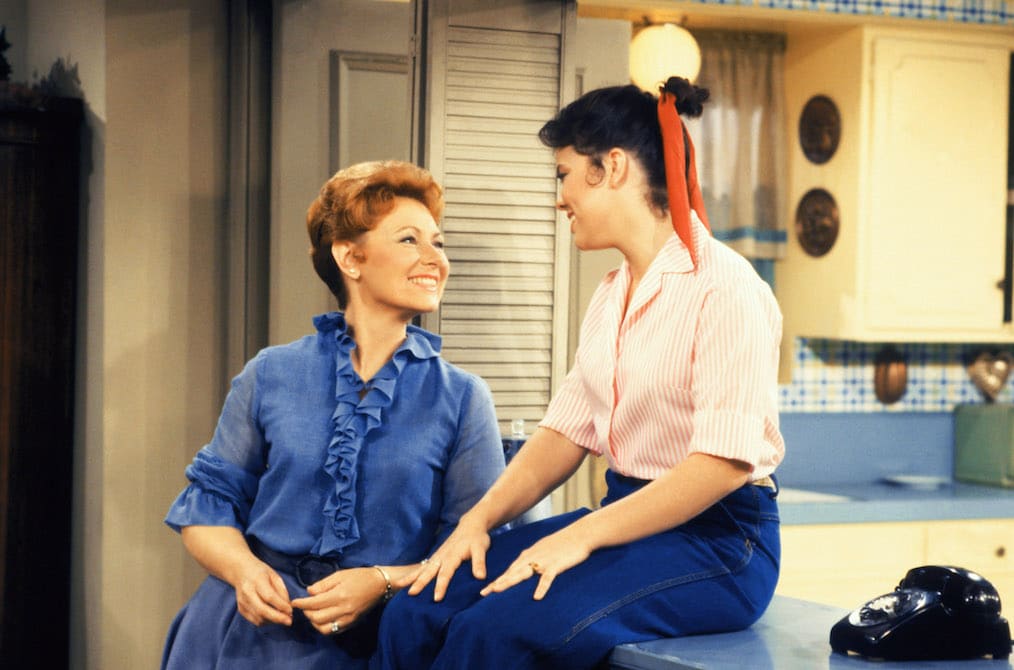
Her Paramount contract lasted for what turned out to be a difficult year, largely because Marion was self conscious that she wasn’t as pretty as many of the other actresses around her. “I’d never seen so many beautiful girls in my life,” she admits, noting one particular morning when she was in makeup. “The girl under the dryer next to me in the new talent department got up up and it was Audrey Hepburn, who was just my age. Well, I went out, got two candy bars and ate them right away. It’s called committing suicide by chocolate.”
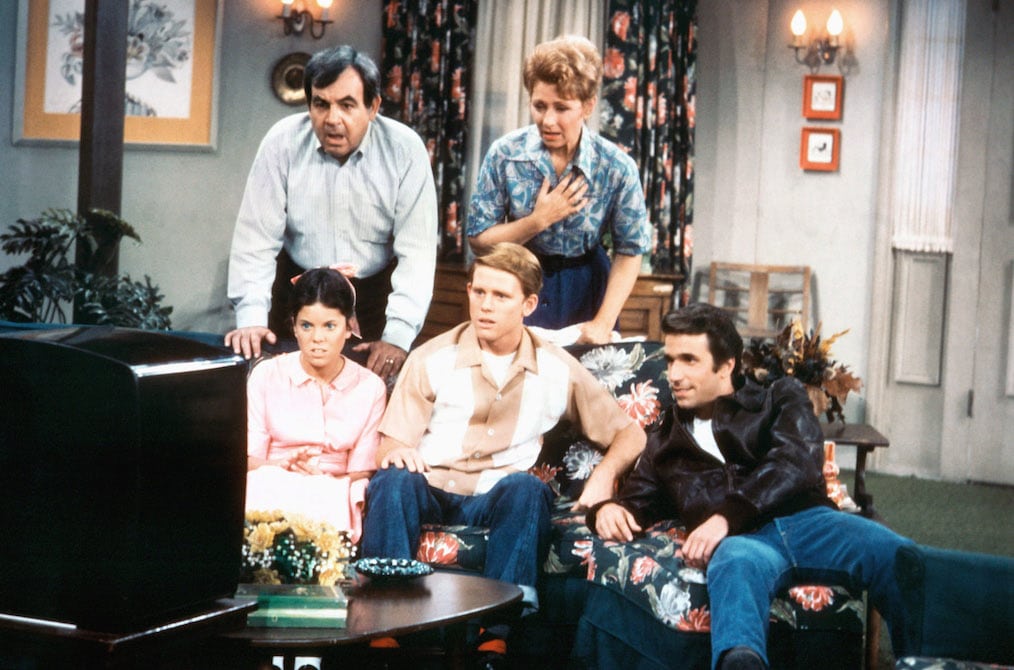
Dropped by the studio, she was actually relieved, auditioning and getting hired on what was at the time live television. “I was used to doing plays, so live television at CBS was comfortable. We were doing Life with Father, with Leon Ames and Lurene Tuttle. I played Kathleen, the Irish maid. Now in the original play, father fires the maid every act. Well I lasted three years and it was a very good experience. CBS was wonderful at that time, because there were lots of live dramas going on like Theater One and Playhouse 90. It was definitely high tension; when the little logo came up for CBS, boy, you’re on. But one of the fun parts of that period were the kind of mistakes that were made and the rescues — they were just hysterical. Most of us were trained in theater, so we expected to be live. You were expected to be on your toes to correct whatever happened, the prop that broke and anything else.”
From 1953’s Forever Female to 1970’s Colossus: The Forbin Project, Marion appeared in 19 movies. Following Life with Father’s conclusion in 1955, she made many TV episodic guest appearances over the next two decades.
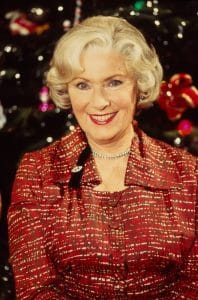
RELATED: This Is What The Cast Of ‘Happy Days’ Looks Like – Then And Now 2020
Fortunately, she did make it in, but after a period of numerous appearances, Marion Ross fell on a period of inactivity. Exacerbating this stress was a divorce. She and then-husband Freeman Meskimen split in 1969 after 18 years of marriage. The couple had two kids together and after the divorce, Marion Ross found herself a single mother with reduced work, bills to pay, and children to take care of. At that time, she was in her forties, a difficult age for women to get work in acting. Lucille Ball would break down that barrier in time, but shaking off decades of prejudice doesn’t happen overnight everywhere.
‘Happy Days’ Are Here Again!
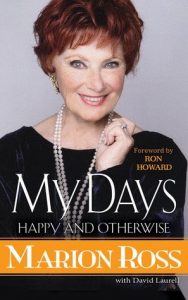
It would be understandable to completely alter course and find a stable job wherever it might crop up. ““I’d think, ‘I made $35 today.’ It was hard,” she admitted. However, Ross knew where her passions lied and stuck with them. This ended up to her benefit. She trickled her way back into roles of small relevance and then a chance dinner with actress Sandra Gould and casting agent Millie Gussie. She was deemed perfect for a role with Ron Howard in a budding project; at the time, the role was small, but Ross knew to accept what was offered. She first played Marion Cunningham in the pilot episode for Happy Days, which aired as the “Love and the Happy Days” installment of Love, American Style in 1972. The concept had been rejected by ABC, but then in the aftermath of the success of the 1973 feature film American Graffiti, the network decided to give it another shot. Happy Days made its debut in 1974 and, after a slow start, became an absolute phenomenon, elevating Henry Winkler’s character of Fonzie to superstar status and securing an 11-season run for the show.
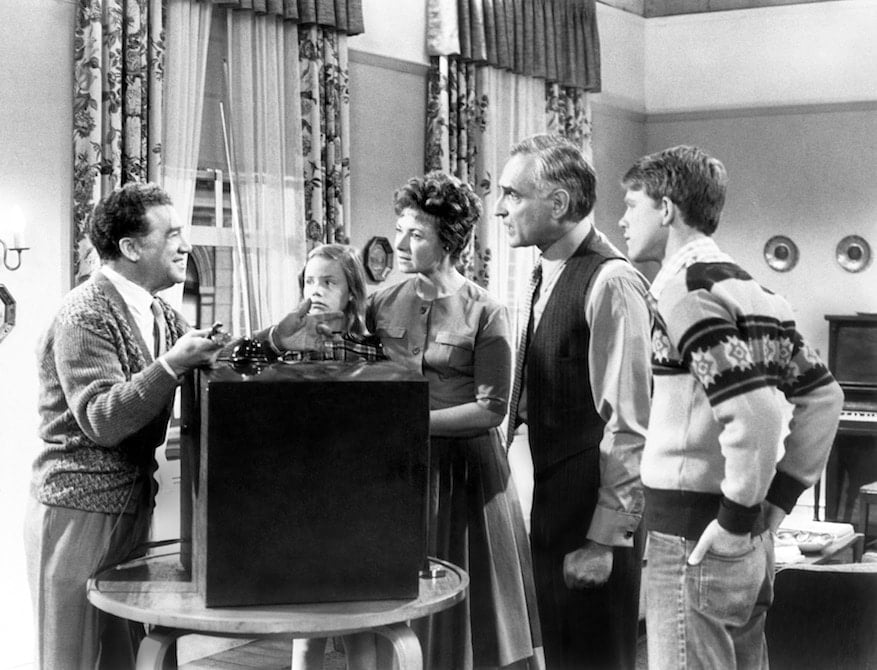
Laughs Marion, “After we shot the pilot, the attitude was, ‘Here’s $1,000, now go away. We like this a lot, but we’re not sure if we’re going to do it yet.’ So I went off to the Globe Theater in San Diego, where I’m doing Summer and Smoke, Tennessee Williams’ big play. I’ve got the lead, but then my agent calls me and says, ‘Get out of that play, because they picked up Happy Days. We’re going to have a series.’ And the rest was history.”
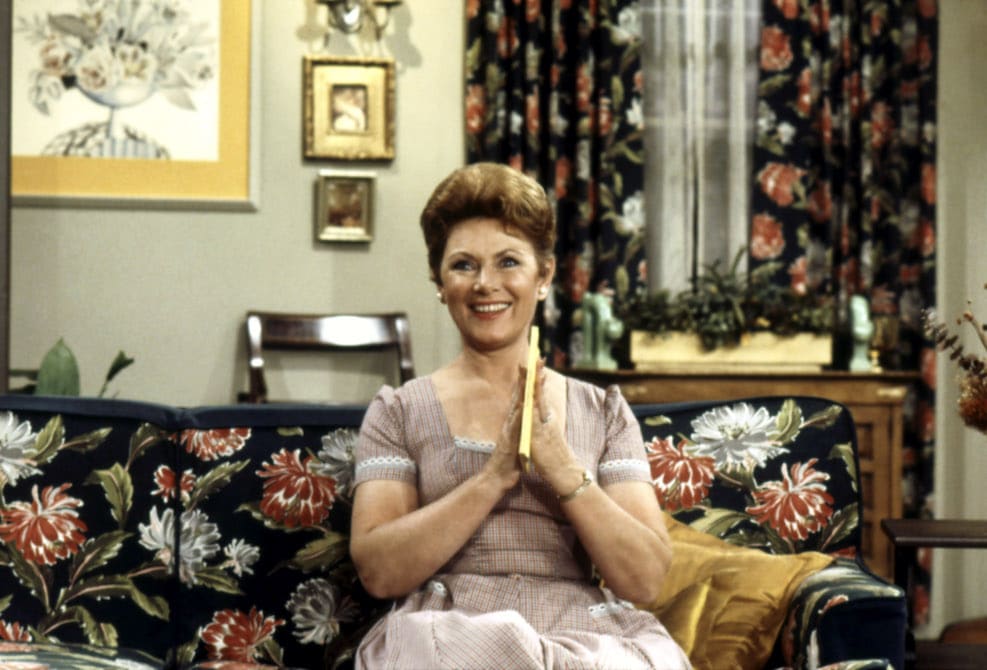
In its early days, Happy Days was shot on film with one camera, but beginning with season two, producer Garry Marshall convinced the network to allow him to shoot it with three-cameras in front of a studio audience, which really brought things to life in the same way that his earlier series, The Odd Couple, had when it made the same shift between its first and second seasons.
“When we started with one camera,” explains Marion, “it had a very quiet tempo to it. Then Garry decided that we could get more energy if we had an audience out there, which was a lot of fun. That audience really became part of our show, because they loved the Fonz. They just went crazy whatever he did. And then when Chachi was added, they went crazy about him. And Tom Bosley [who played her husband, Howard Cunningham] had won the Tony Award on Broadway with Fiorello, so he was a seasoned Broadway performer. We would rehearse the show all week long, which we liked, and the script would be changed all the time. At the last minute they would say, ‘Okay, page so-and-so … change that line.’ It kept you on your toes, really. It was tremendous fun, because if you ever did make a mistake, the world stopped. Suddenly we had to correct the whole thing, which was fun. The audience loved it if we made a mistake.”
Mr. C., You Should Be Ashamed of Yourself!
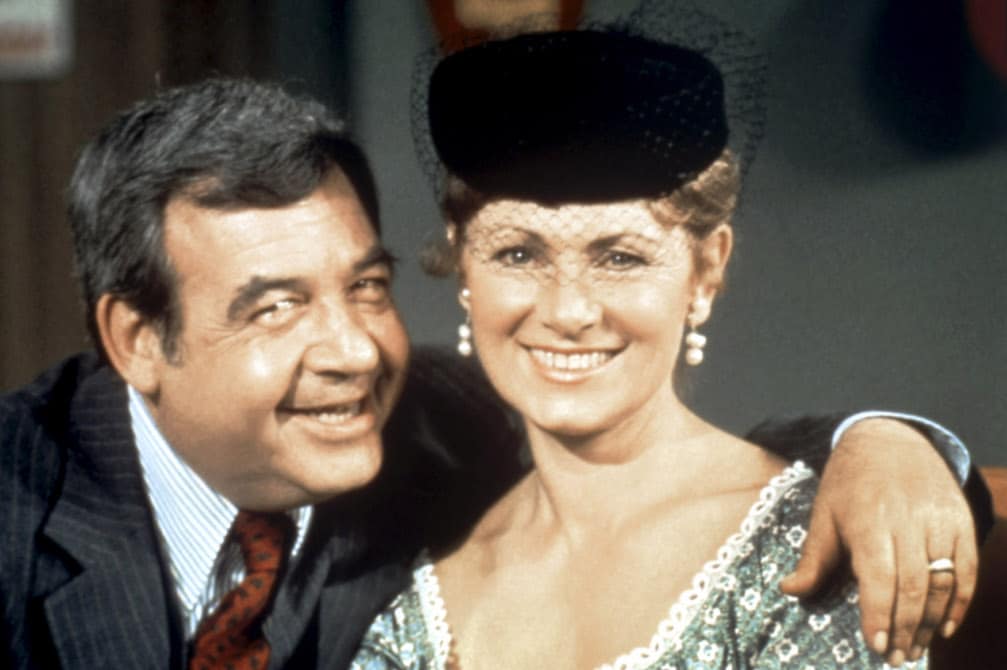
Not so much fun was her early relationship with Bosley, who seemed to have little patience for her. “It took me quite a while to him him over,” she says. “He wasn’t very keen on me; I had not been on Broadway and he had, so he didn’t think too much of me. Over the years we became very close. All of those experiences are good training for you in terms of taking a ‘punch,’ you know? But he wasn’t going to get chummy with me between scenes. That was very hard for me, so what I finally did was get some needlepoint and I thought, ‘When I’m sitting here on the set, I’m going to do some needlepoint so that I can keep out of trouble, because I’m always getting in trouble with Tom.’ But it just finally wore off and things got better. Obviously he had somebody else in mind for the part of his wife.”
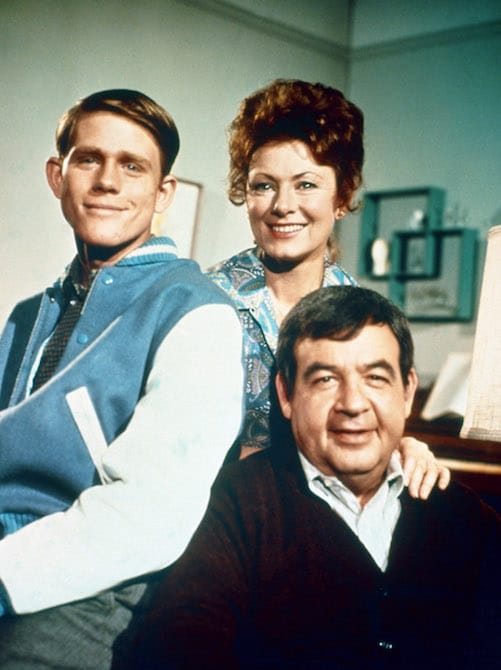
Marion actually did push for more to do in the scripts, but her discussion with Marshall ended with her being told, “It’s not about you.” And he was right: for many years the show was focused on the Fonzie/Richie Cunningham (Ron Howard) relationship, with her part often consisting of lines like, “Oh, Howard, you’re not eating that…” or “Oh, Richie, you can’t…”
“But it was a job,” she observes, adding that one of the greatest joys behind the scenes was Marshall’s creation of a softball team for the cast. “I have to tell you, that softball team kept our cast together. We traveled around the whole United States, met thousands of people, played before major league ball games. They trained Henry Winkler to be a pitcher; he didn’t know how to pitch before that. Ron Howard was a very good ball player, so was Anson Williams, Scott Baio and Donny Most. Garry Marshall himself played first base. And when the show was coming to an end, the next morning we got on a plane, flew to Okinawa and played softball with the U.S. Marines there. I mean, have I not had a great life?”
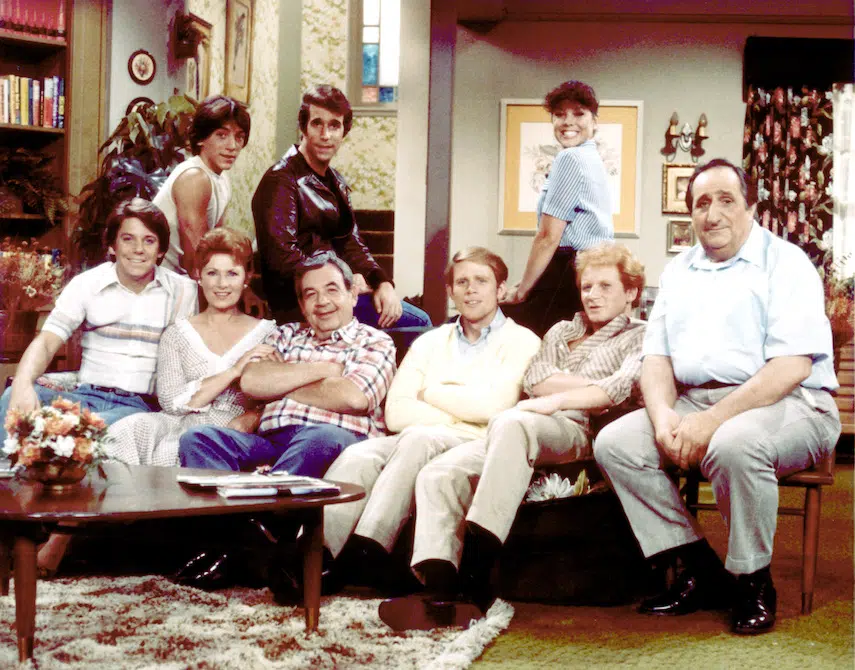
And Happy Days, along with it success, was an important part of it. “Now, looking back on it, its aura still holds up,” she observes warmly. “It’s getting to be a long time ago, but Happy Days still holds up. And it’s a tribute to Ron Howard, who was such a wonderful gentleman. When the Fonz walked off with that show in his pocket, Ron took it like a gentleman. And everything Henry got in his contract, Ron also got. But when Ron left the show to pursue a career in directing, it was never the same. It was getting pretty old, but we didn’t want to give up on it. Actually, we mostly didn’t want to give up the ball team.”
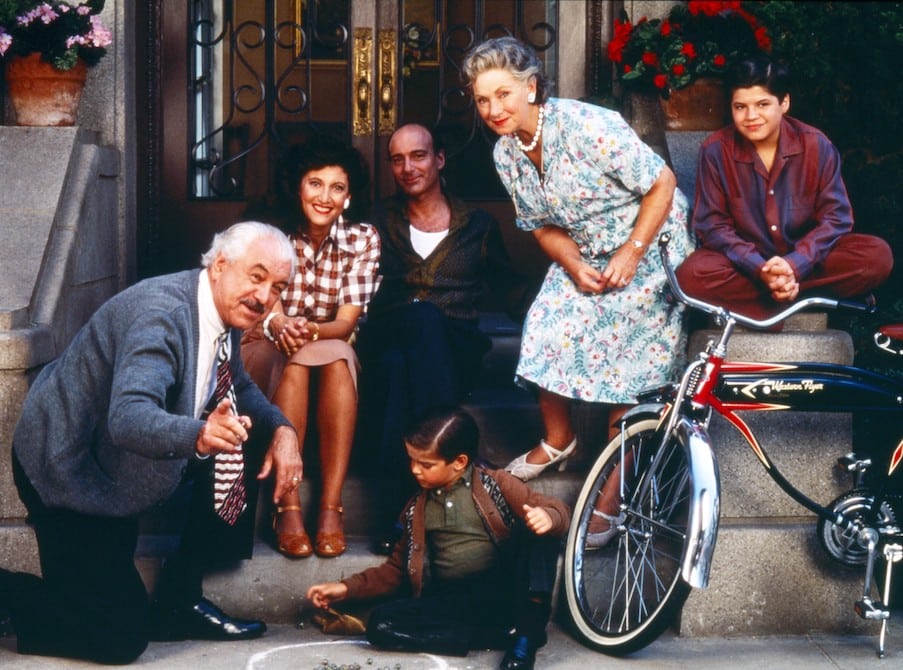
Following Happy Days, it was back to guest appearances, although she was a regular on Family Ties creator Gary David Goldberg’s Brooklyn Bridge — about a Jewish American family living in Brooklyn in the mid 1950s — playing grandmother Sophie Berger. “Gary cast me in that, but I had a hard time getting the part,” Marion points out, “because I’m not Jewish, and all of these Jewish actresses kept coming out of the woodwork in New York City saying, ‘I want to try that, I want to try that.’ So it took me a long time to get it, and we didn’t last long — about a year-and-a-half or something — but I loved it. And the important is that it’s not like Happy Days hurt me in terms of casting. I always was an actress, so finding work wasn’t hard. In fact, I played Drew Carey’s mother on [16 episodes of] his show, so I’ve had a very full, rich career and have worked all over the place.”
How much is Marion Ross worth?
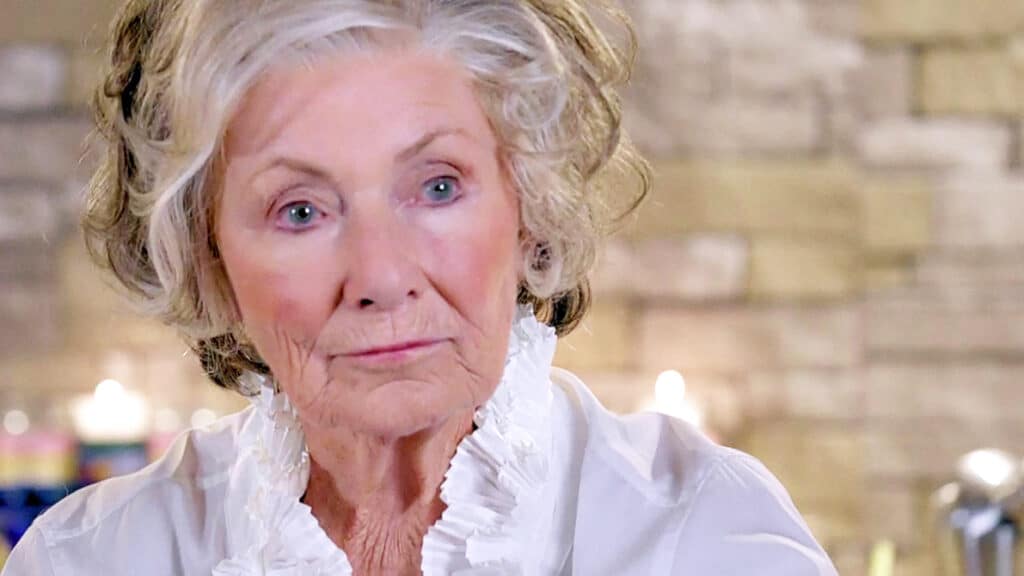
Celebrity Net Worth places her at about $10 million. That’s a huge turnaround for a struggling single mom with limited work. However, she almost did not get everything that was owed to her. She joined four other Happy Days stars in filing a breach-of-contract lawsuit. The total sum of the lawsuit amounted to $10 million, but each actor received $65,000 from CBS. This move came based on persistent claims the network did not honor their contracts appropriately. Ross was a major spark in this suit after a friend mentioned playing a Happy Days-themed slot machine; the actors were supposed to get a certain amount when their images were used separately and together.
Staying active, reaping the rewards
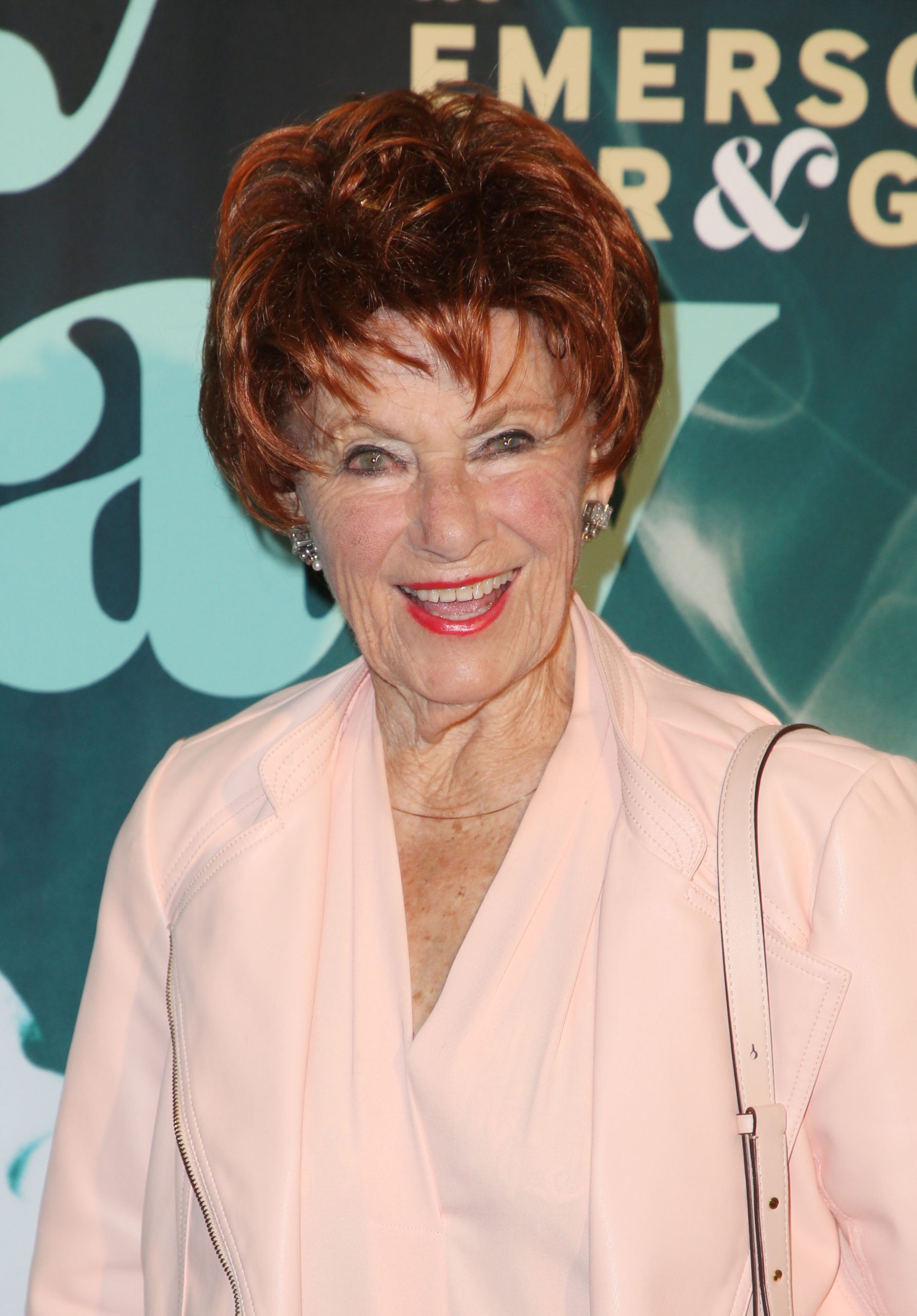
Ross came a long way from her ambitious start, rocky middle ground, to stable aftermath. She appeared in numerous titles after Happy Days, from films to more TV shows. If she isn’t directly seen, Marion Ross can be heard, as she’s also done voice acting for titles like SpongeBob Squarepants and King of the Hill.
As of 2018, however, Ross is retired. The announcement marked a blanket end to her work as an actress. When asked by The New York Post if anything could get her back, Ross said no. “I don’t care. I truly don’t care. Isn’t that nice?” she mused. “I was so driven at a young age when I was 13 or 14 in Minnesota, and I did what I wanted to do.” She spends those retired days in Cardiff by the Sea, in California. Back in 2011 she served as grand marshal for the Cardiff Centennial Celebrations and now can look at her legacy with pride as her adult children also flourish in the industry too.
Honored time and again
"Happy Days" star Marion Ross returns to southern Minnesota hometown of Albert Lea, taking a curtain call with the unveiling of a statue of her. https://t.co/ZyUkFxAVfK
— Star Tribune (@StarTribune) July 3, 2021
Ross, a native of Minnesota, may have retired from acting, but fans still honor her immense contributions to entertainment and as an inspiring part of many people’s formative years. Her native Minnesota spent much of this summer celebrating Ross with major tributes. Much of Ross’s own early years were spent in the city of Alberta Lea. This past May, that very city announced that a portion of Waters Street would be renamed Marion Ross Street.
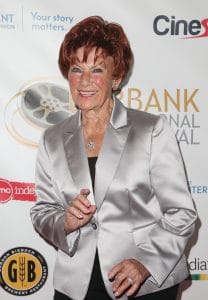
Additionally, the city then erected a life-sized bronze statue modeled after Ross that now stands in front of the local performing arts center. The statue is the result of raising $100,000 in donations; some funds came from Henry Winkler and Ron Howard themselves. As someone who has friends in Alberta Lea, Ross admitted to feeling overwhelmed by the honorary gesture.
Ross, who is 93, remains formally retired, but she stays active with her peers, even the ones she briefly worked with. Back in the first season of The Brady Bunch, in the episode “Is There a Doctor in the House?” Ross actually played the titular doctor to treat the girls’ measles. Susan Olsen remembered her colleague and shared a photo of the two of them together back in August. The caption advised, “Watch us on Josh Gates Tonight on Discovery Plus,” and Ross herself offered a pair of hearts in response.
When asked if she made any revelations about herself in writing My Days: Happy and Otherwise, Marion Ross states, “Only realizing, wow, I’m such a positive person that I would want anybody to know that you could follow your dreams and achieve them.
“So, follow your dreams!”
